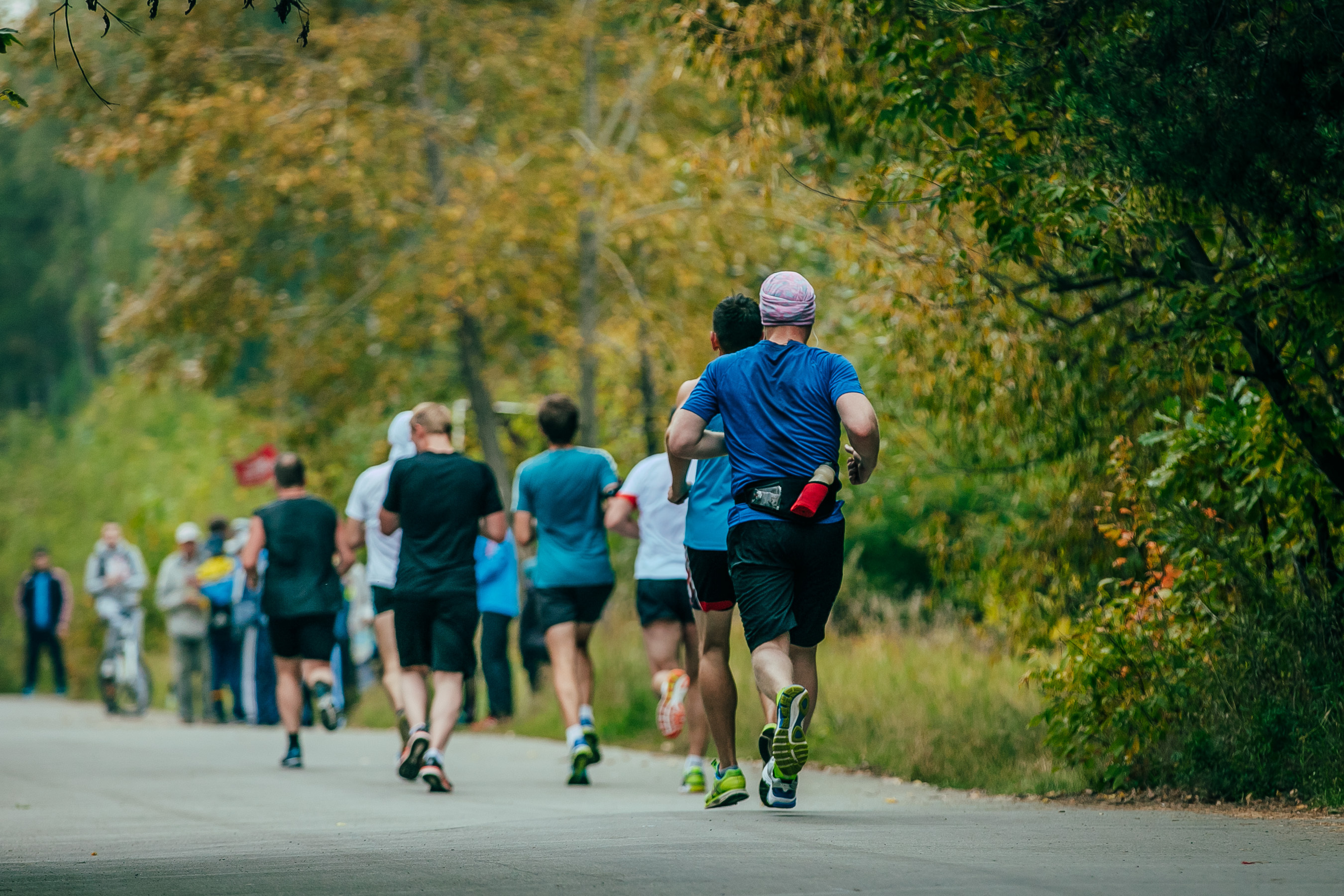
After the Battle of Marathon in 490BC, the Greek soldier Phidippides ran 26 miles to Athens to announce victory over the Persians and promptly fell down dead. We had to wait until 1896 before the marathon became an Olympic event but was this the first example of an enthusiastic amateur coming a cropper after taking up an Olympic sport for the first time?
Rio 2106 – an Inspirational Olympic Games
Has the Olympics inspired you to take up swimming or hockey? Or has your interest been peeked in the omnium or synchronised diving?
Many sports see a surge of new interest in the afterglow of the Olympic Games, especially ones in which Team GB enjoyed golden success.
While taking up a sport can be great for developing strength, mobility, fitness and posture, it puts new demands on your body as well as your time and money; so before you pick up a sabre or book a badminton court for the first time, take a pause to think how best to go about it.
Considerations
- Pick the right sport for your body. Mo Farah will never become a shot putter and Laura Trott wouldn’t be an Olympic giant if she’d swapped her bike for a rowing eight! If you naturally have a tall, muscular build, don’t take up a sport that demands a small, lightweight build, and vice versa, because a) you’ll pick up injuries and b) you won’t get very good at it!
- Do you have an existing or old injury that could be aggravated? Some activities will be more punishing on particular parts of the body, so do some research and make sure you don’t cause yourself more injury problems in the future. Ask a physiotherapist for advice if you’re not sure. I refer clients to my hints and tips for avoiding injuries.
- Be realistic about your fitness level. Getting match fit doesn’t happen overnight. Find a group or team of people of a similar standard and build up gradually.
- Learn the skills you’ll need. Make sure you get proper coaching to learn the correct, safe techniques for your activity and seek professional advice on the right clothing and equipment to buy, in order to reduce the chances of injury.
- Listen to your body and take care of it. That means taking in the right nutrients and plenty of fluids, warming up and down during training and if you feel any pains, see expert advice. The occasional massage or physio session can help if your muscles are feeling the strain.
You’re Never too Old to Try a New Sport
Taking up a new sport or activity is a great way for older people to stay healthy and feel youthful; 58-year-old showjumper Nick Skelton showed the way, becoming the oldest ever Olympian to win gold at his 7th Olympics. However, he’s been riding all his life and yet even he suffers from back problems and has a replacement hip. If you’re taking up an old sport from your youth, or trying something new, be sensible and remember that you can’t push your body like you used to do.
It’s the Taking Part that Matters
We’re always hearing that the most important legacy of the Olympics is people taking up sport. Personally, I would like to see this happen more than it does, so if you have been inspired by the events in Rio, then go for it and enjoy it, no matter what level you reach.
Just make sure you choose your new sport with care, be aware of your limitations and don’t overdo it, like Phidippides.

Recent Comments